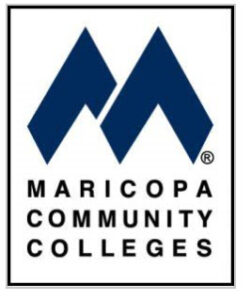Unsubstantiated suspicion and rumors are floating around the County regarding an alleged effort to hide some conversations from County residents that occurred during the January 16 meeting
 It is now over a week (Thursday, January 25, 2024, noon) and the District Governing Board has yet to provide the public with a draft of the minutes of its January 16 workshop. Neither a written draft nor the video of the meeting has been posted.
It is now over a week (Thursday, January 25, 2024, noon) and the District Governing Board has yet to provide the public with a draft of the minutes of its January 16 workshop. Neither a written draft nor the video of the meeting has been posted.
It is noteworthy that the video of the workshop wasn’t released shortly after the meeting, which is a deviation from the standard practice established over the last decade. The publication of the video of a meeting was put in place to comply with Arizona’s Open Meeting Law three-day posting rule.
Speculations arose shortly after the January 16 meeting, fueled by unsubstantiated rumors about certain conversations that allegedly occurred during the meeting, which the Board might prefer to keep from the county residents. These rumors were compounded by the unusual decision not to post the unedited video of the meeting.
The validity of these rumors remains uncertain. There are questions about whether the Board and the College are apprehensive about what the residents might learn from the video. The absence of an unedited, uncut version of the meeting video leaves a great deal of room for speculation.
 Under Arizona’s open meeting law, the minutes or a recording of a meeting shall be available for public inspection three working days after the meeting. However, as of Thursday, January 25, 2024, there has not been a post of the draft minutes in writing or via the videotape of the District Governing Board meeting that occurred Tuesday, January 16.
Under Arizona’s open meeting law, the minutes or a recording of a meeting shall be available for public inspection three working days after the meeting. However, as of Thursday, January 25, 2024, there has not been a post of the draft minutes in writing or via the videotape of the District Governing Board meeting that occurred Tuesday, January 16. According to a story in the Arizona Republic of November 9, 2020 by Anne Ryman, the Arizona Attorney General’s Office has closed its open meeting law investigation involving Maricopa Community College. It concluded it could not substantiate a violation of state law.
According to a story in the Arizona Republic of November 9, 2020 by Anne Ryman, the Arizona Attorney General’s Office has closed its open meeting law investigation involving Maricopa Community College. It concluded it could not substantiate a violation of state law.